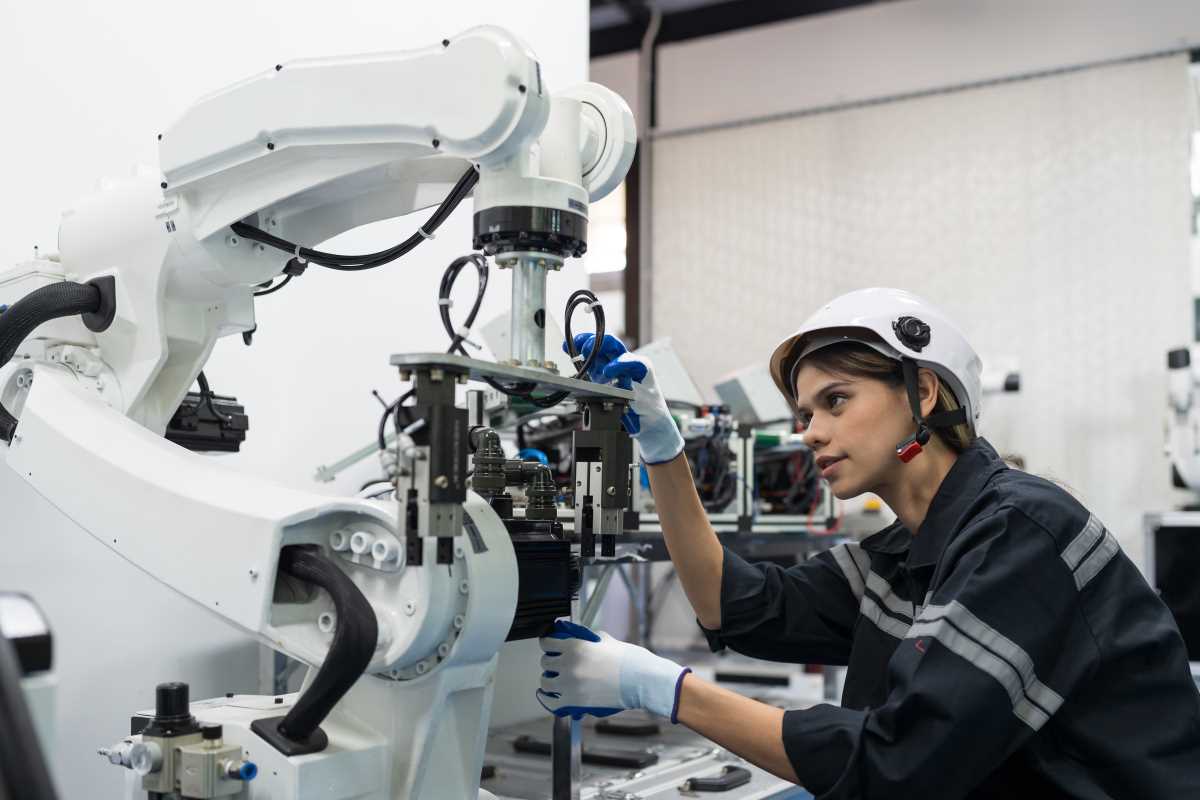Data science is one of the hottest career fields today, with companies in every industry looking for experts who can make sense of vast amounts of information. The demand for data scientists is soaring, and a graduate degree can be your golden ticket into this exciting world. A specialized master's program provides the structured learning and hands-on skills needed to turn raw data into powerful insights. These programs are designed to take students from diverse backgrounds—whether it's business, science, or the humanities—and equip them with the coding, statistics, and machine learning knowledge that employers crave.
Why a Master's Degree in Data Science?
You may wonder if a master's degree is truly necessary to pursue a career in data science. While some people do break into the field through boot camps or self-study, a formal master's program offers distinct advantages. These programs provide a deep, comprehensive foundation in the theory behind the tools. You do not just learn how to run a machine learning model; you learn why it works, which is crucial for solving complex, real-world problems.
A graduate program also offers credibility. It signals to employers that you have undergone a rigorous, structured education and have been vetted by a reputable institution. Furthermore, universities provide invaluable resources. You get access to experienced professors, cutting-edge research, powerful computing resources, and a strong alumni network. Many programs also have dedicated career services that connect students directly with top companies looking to hire data scientists.
Key Skills You Will Gain in a Top Program
- Programming: Mastery of languages, namely Python and R, the workhorses of data science.
- Statistics and Probability: The mathematical foundation for understanding data and building models.
- Machine Learning: Techniques for creating predictive models, from linear regression to deep learning.
- Data Wrangling and Visualization: Skills to clean messy data and communicate findings effectively through graphs and charts.
- Big Data Technologies: Experience with tools, such as Spark and Hadoop, for handling massive datasets.
Leading On-Campus Master's Programs
For those who thrive in a traditional academic setting, several universities offer world-class, on-campus data science programs. These programs are known for their rigorous curriculum, renowned faculty, and strong industry connections that lead to excellent job placements.
Carnegie Mellon University (CMU) - Master of Computational Data Science (MCDS)
- CMU is a powerhouse in computer science and analytics.
- Its MCDS program is known for its technical depth and focus on large-scale data systems.
- Students get hands-on experience working with massive datasets and sophisticated computing infrastructure.
- The curriculum is demanding but produces graduates whom top tech companies highly seek after.
Stanford University - M.S. in Statistics: Data Science
- Stanford’s program combines the statistical rigor of its world-renowned statistics department with practical, computational skills.
- The program offers unparalleled access to networking opportunities and internships with leading tech firms.
- The curriculum emphasizes the theoretical underpinnings of data science methods
University of California, Berkeley - Master of Information and Data Science (MIDS)
- Though also offered online, Berkeley's program is a benchmark for data science education.
- It brings together faculty from the School of Information and the Department of Statistics.
- The curriculum covers the full data lifecycle, from collection and storage to analysis and presentation.
- The program's capstone project requires students to work on a real-world problem, providing a portfolio piece that impresses employers.
Excellent Online Master's Programs
Online programs have made data science education more accessible than ever. They offer the flexibility to study from anywhere, which is perfect for working professionals or those who cannot relocate. The best online programs offer a curriculum and faculty on par with their on-campus counterparts.
Georgia Institute of Technology - Online Master of Science in Analytics (OMS Analytics)
Georgia Tech's program is famous for its affordability and high quality. For a fraction of the cost of other top programs, students get a world-class education in analytics. The program offers three specialized tracks: Analytical Tools, Business Analytics, and Computational Data Analytics. This allows students to tailor their education to their specific career goals.
University of Texas at Austin - Master of Science in Data Science Online (MSDSO)
This program is designed to be completed in 1.5 to 3 years, offering a flexible but comprehensive curriculum. It covers practical skills in machine learning, data engineering, and business analytics. A unique feature is its focus on ethics and privacy, which are increasingly important topics in the field. The program is project-based, ensuring students graduate with practical experience.
Other Notable Online Options
- University of Illinois Urbana-Champaign: Their Master of Computer Science in Data Science (MCS-DS) is offered on Coursera, providing a flexible and affordable path.
- University of Michigan: Their Master of Applied Data Science (MADS) program is project-based and emphasizes hands-on skills through a "learn-by-doing" approach.
What to Look for in a Data Science Program
Not all data science programs are created equal. As you research your options, there are several key factors to consider to ensure a program is the right fit for you and will provide a strong return on your investment.
Curriculum and Flexibility
Look closely at the course catalog. Does the program cover the core areas of data science comprehensively? A good curriculum should include courses in programming, statistics, machine learning, and data management. It should also offer electives that allow you to specialize in areas like natural language processing, computer vision, or business analytics. The program's structure should align with your learning style, whether it is project-based, research-focused, or a mix of both.
Faculty and Industry Connections
The quality of your professors matters. Look for faculty who have both academic credentials and real-world industry experience. These professors can provide valuable insights and connect you with their professional networks. Strong industry partnerships are also a huge plus. Programs that work closely with companies often have better internship opportunities, guest lectures from industry leaders, and more relevant capstone projects.
Career Services and Alumni Network
A degree is only as valuable as the career it helps you launch. Investigate the program's career services. Do they offer resume workshops, mock interviews, and dedicated career fairs for data science students? Check the program's employment statistics. What percentage of graduates are employed within six months of graduation? What are their average starting salaries? A strong and active alumni network can also be a lifelong resource for career advice and job opportunities.
Preparing Your Application
Getting into a top data science program is competitive. Your application needs to showcase your quantitative abilities, passion for data, and potential for success. Your statement of purpose is your chance to tell your story. Explain why you want to pursue data science and how your background has prepared you for it. Connect your past experiences to your future goals and be specific about why you are interested in that particular program.
Letters of recommendation should come from professors or managers who can speak to your analytical skills, work ethic, and problem-solving abilities. Choose recommenders who know you well and can provide specific examples of your accomplishments. Lastly, many programs require the GRE. A strong quantitative score can significantly boost your application, so give yourself ample time to prepare.
 (Image via
(Image via





